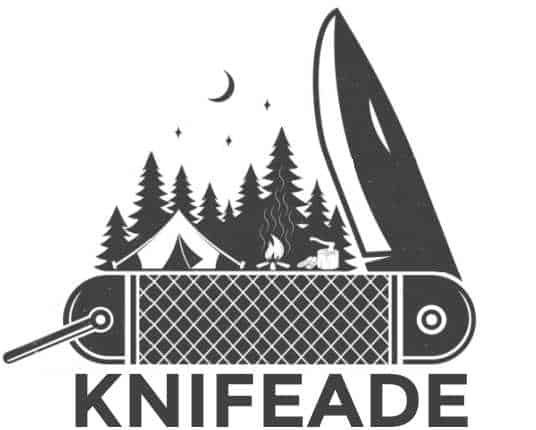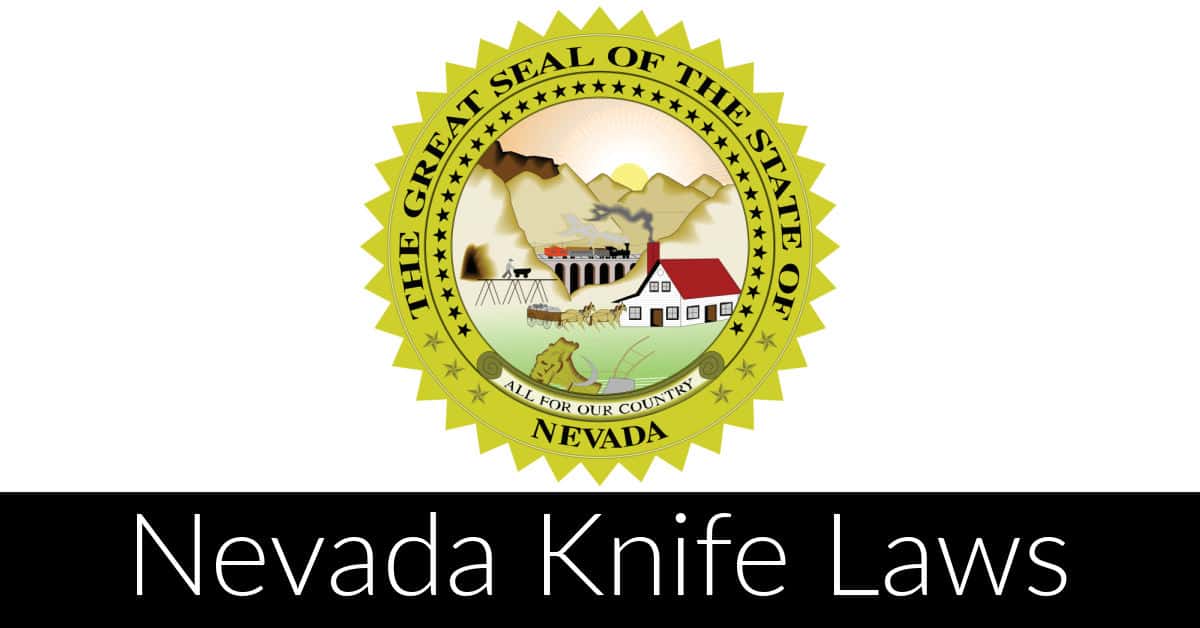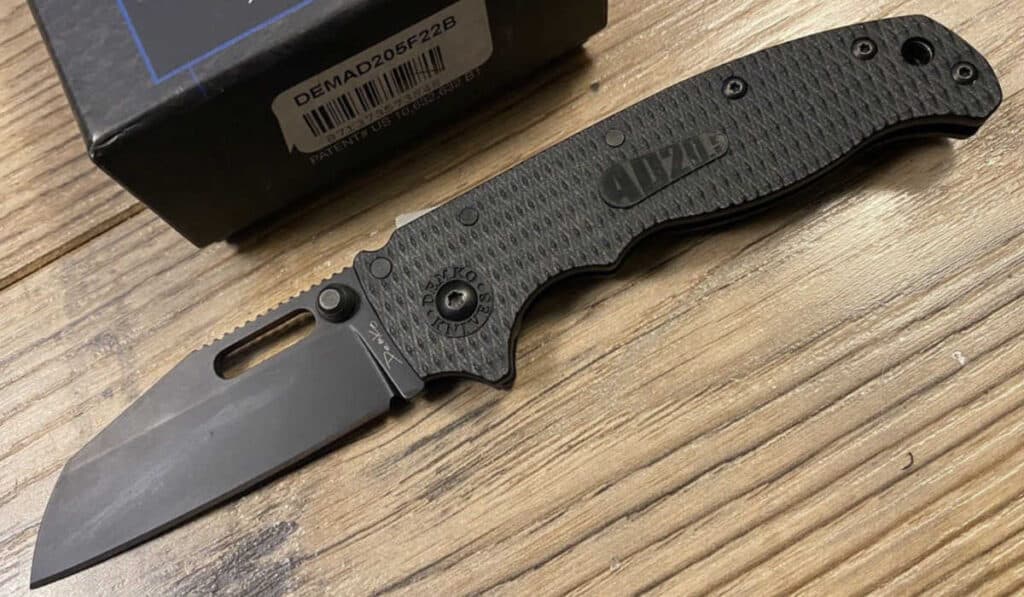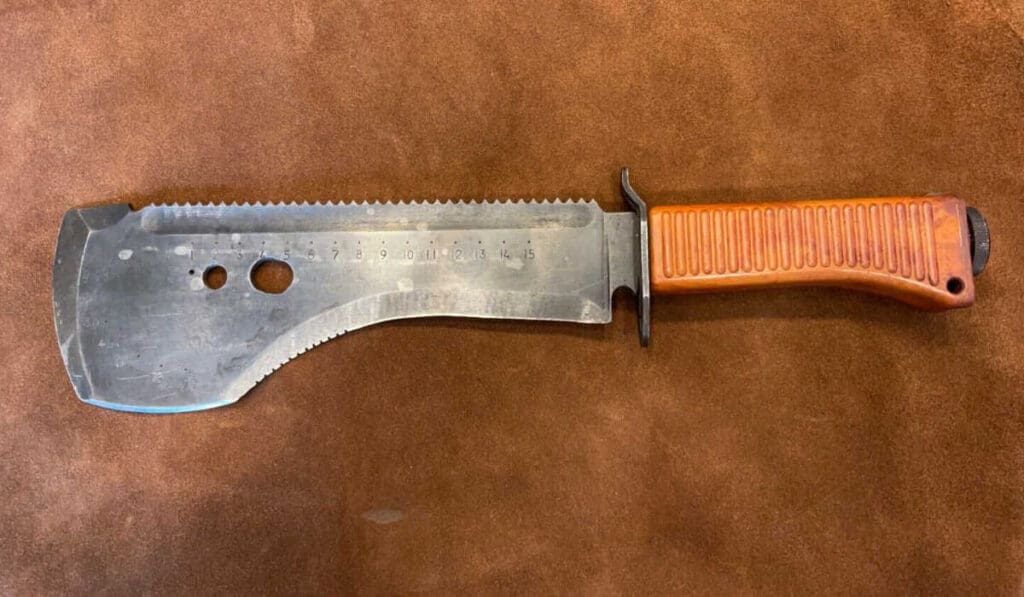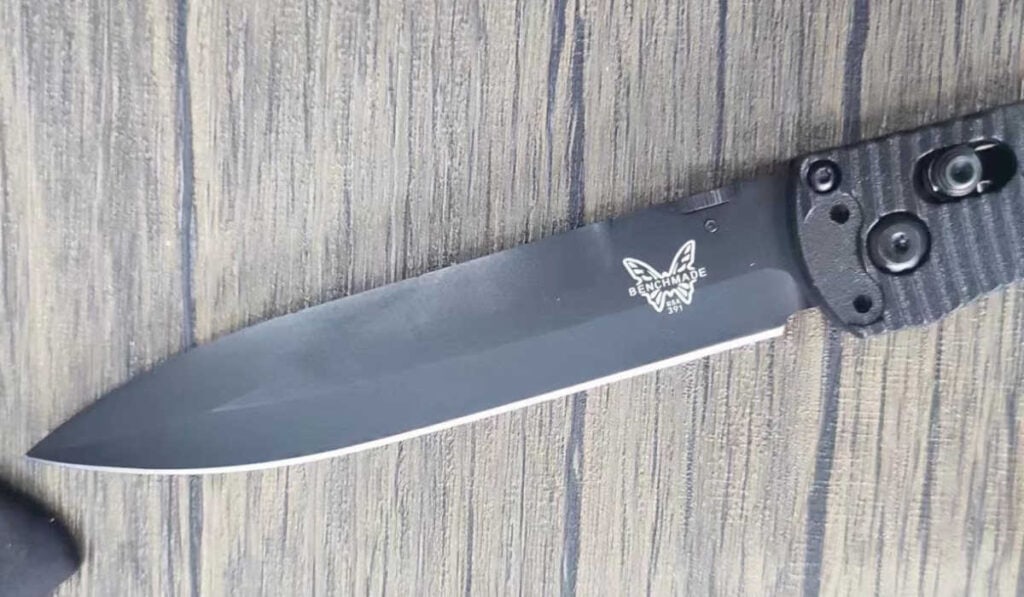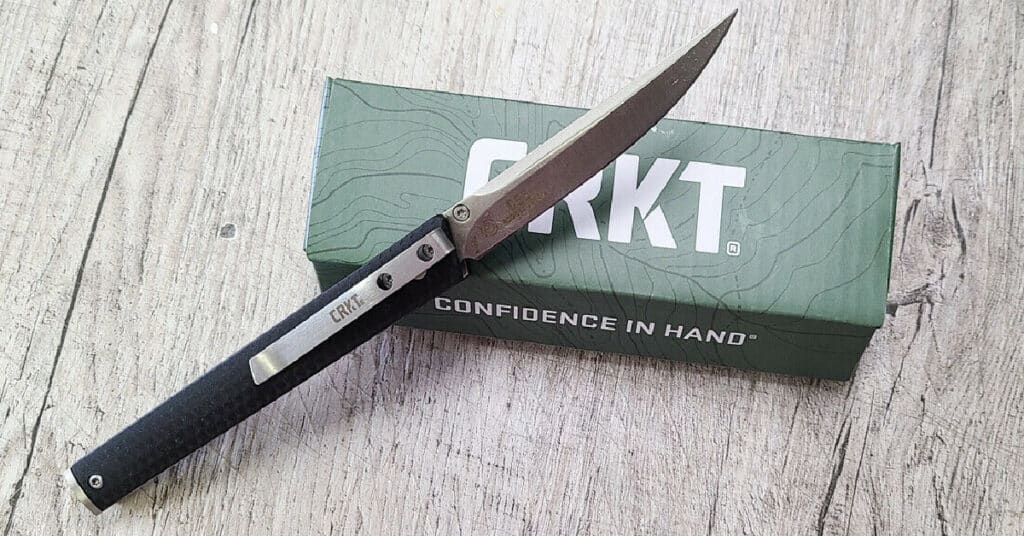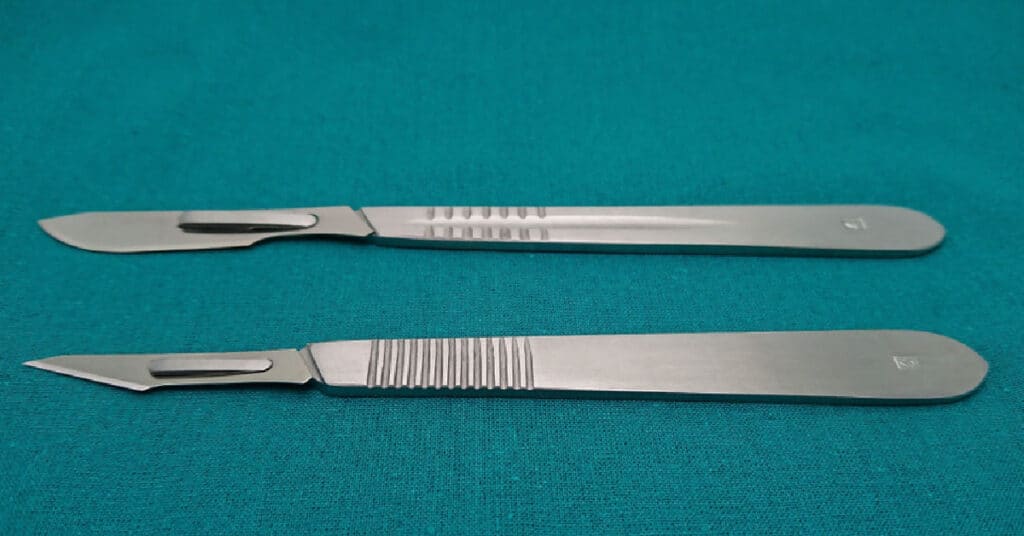Last updated on October 21st, 2023 at 02:11 am
As an Amazon Associate I earn from qualifying purchases.
Nevada knife laws have always been straightforward. However, some long clauses might be confusing. This guide will attempt to demystify Nevada knife laws to make them easier to understand.
Our Top Rated “50-State-Legal” Knives
*These knives are listed based on their broad legality across states, but always consult your local laws before making a purchase.
Does Nevada Have Statewide Preemption?
Nevada lacks a state-wide preemption, which implies that the knife laws can vary by county. Local municipalities may enforce stricter knife laws, making it crucial to understand the specific laws in your area to steer clear of legal issues.
Las Vegas, for instance, is worth noting as its laws concerning knives may be more stringent compared to other regions.
Important Knife-Related Definitions in Nevada
Before delving into the laws, understanding some terminology is beneficial:
- Switchblade Knife: Defined as a spring blade, snap blade, or any similar knife with a blade longer than two inches that can engage automatically by sliding a button, squeezing the handle, or another mechanism.
- Concealed Weapon: Any weapon carried on a person in such a way that it’s not easily identifiable by ordinary observation. In Nevada, laws about carrying concealed weapons can vary significantly by county.
- Dangerous Weapon: An object intended or used to threaten or cause bodily harm. Examples include daggers, dirks, switchblades, among others.
- Dangerous Knife: A knife with a blade longer than two inches measured from the sharp end to the blunt end where it meets the handle.
Legal Knives in Nevada
Nevada law does not prohibit the ownership or possession of any specific types of knives, including:
- Pocket knives
- Fixed blade knives
- Stabbing knives such as dirks, daggers, and switchblades
- Balisongs or butterfly knives
- Hunting knives like bowies.
What Knives are Illegal in Nevada?
According to Nevada law NRS 202.350, there are no specific knife types considered illegal to own.
Nevada Knife Carry Laws
The 2015 amendment brought about stricter regulations, especially in schools. It’s illegal to possess or carry any dangerous weapon, knife, or other listed items on school property. Carrying a concealed machete, dangerous or deadly weapon is illegal unless you have a written permit from the county sheriff. The law also restricts drawing or carrying deadly weapons in a threatening manner in public places, except in self-defense.
Nevada Concealed Carry Knife Laws
Concealed carry in Nevada involves carrying a weapon in such a way that it’s not discernible by ordinary observation. It’s illegal to conceal carry a machete or any other dangerous weapon without a permit from the county sheriff.
Exemptions
Certain individuals, like active officers on duty, licensed personnel, and other government employees certified to carry concealed weapons, are exempt from some of these laws.
Nevada Knife Length Laws
Post the 2015 amendment, there are no knife length limitations at the state level. However, local counties may have different regulations. In Clark County, for instance, concealing any knife with a blade longer than three inches is illegal unless you have a CCW permit.
Nevada Knife Laws by Demographic
- Age Restrictions: No specific age restrictions for carrying a knife exist, although some rules apply to students.
- Felon Restrictions: Typically, felons are restricted from carrying firearms, not knives. However, carrying deadly weapons, which could include certain knives, might have restrictions. Local knife laws may vary, and it’s advisable to consult with relevant authorities.
Nevada Knife Law FAQs
Can You Carry a Knife in Las Vegas Casinos?
Nevada state knife laws allow carrying knives in most public places, but private properties like casinos in Las Vegas have their knife policies. For example, the Wynn Hotel in Las Vegas prohibits weapons of any kind. Mandalay Bay Resort has a similarly strict weapons policy.
Are Switchblades Legal In Nevada?
Yes, switchblades are legal in Nevada. According to Nevada law, there are no specific types of knives that are illegal to own or possess. However, how you use or carry a switchblade could potentially make it illegal. For example, carrying a concealed switchblade without a proper permit or carrying it in a threatening manner in public could lead to legal issues.
Are Butterfly Knives Legal In Nevada?
Yes, butterfly knives, also known as balisongs, are legal in Nevada. There are no specific restrictions on the ownership, possession, or carry of butterfly knives in the state. Remember, the same rules apply to butterfly knives as to switchblades – carrying them in certain ways or in certain locations could potentially be illegal.
Are OTF Knives Legal In Nevada?
Yes, Out-the-Front (OTF) knives are legal in Nevada. There are no laws in Nevada that specifically prohibit the ownership, possession, or carry of OTF knives. But as with other types of knives, carrying them concealed without a permit or in a threatening manner could be considered illegal.
Are Automatic Knives Legal In Nevada?
Yes, automatic knives are legal in Nevada. Nevada law does not prohibit owning, possessing, or carrying automatic knives. However, carrying them concealed without a proper permit or in a threatening manner in a public place could be illegal. As always, it’s essential to understand the specific laws in your local area to avoid any legal complications.
Nevada State Knife Law References
Official Sources of Nevada’s Knife Laws
- Legal Codes:
- Nevada Revised Statutes (NRS) 202.350: Concerns the prohibition and penalties associated with carrying concealed weapons including certain types of knives.
- Senate Bill 176 (2015): This bill repealed existing bans on switchblade knives (longer than 2 inches), dirks, daggers, and belt buckle knives.
- Legal Definitions:
- Various definitions regarding knives and related terminology can be found in the legal codes and court rulings like Bradvica vs. State which defined what constitutes a blade.
Significant Court Cases:
| Case Title | Summary |
|---|---|
| JAMES MENOR VALDEZ v. THE STATE OF NEVADA | A pro se appeal concerning a district court order denying a motion for arrest of judgment was dismissed as the court lacked jurisdiction to consider the appeal due to lack of provision in statute or court rule. |
Timeline of Major Changes:
- 2015
- February to May: Nevada Knife Law Reform Bill, SB 176, went through various stages in the state legislature, including committee reviews, amendments, and voting sessions before being passed on May 22, 2015.
- July 1: The reform bill, SB 176, went into effect, repealing the bans on switchblade knives (longer than 2 inches), dirks, daggers, and belt buckle knives.
Conclusion
Do Sheepsfoot Blades Have A Purpose? (Cuz They’re Ugly…)
Spetsnaz Machetes – Blades Of The Russian Special Forces
What Is The Actual Purpose Of A Spear Point Knife Blade?
CRKT CEO Review – Coolest, Most Worthless Knife Ever?
How Sharp Is A Scalpel? (Is It Sharper Than A Razor?)
Can You Shave With A Knife? (Yes, Here’s How)
As an Amazon Associate I earn from qualifying purchases.
